As part of the opening of the 26th WWDC conference, three operating systems and no devices were presented.

Overtaking the events, I will say that it was boring, bright announcements that will seriously affect mobile game development, in our opinion, did not sound. And, of course, there were numbers. For example, it was announced that over 100 billion downloads had been made from the App Store over the seven years of its existence. In turn, Apple’s mobile software developers have been paid more than $30 billion over this period.
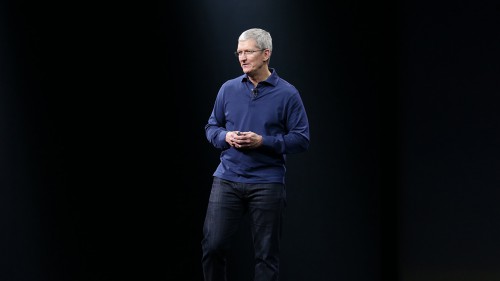
The numbers are good, but in recent years we have become accustomed to the fact that applications are actively downloaded, developers are paid a lot (or some of them are purchased for large sums). It would be much more interesting to hear about Apple Watch sales, but, unfortunately, the Apple company did not consider it necessary to share these figures.
Moving on to the essence of the presentation, which lasted more than two hours.
First, Apple showed a new desktop system – OS X El Capitan, which has Metal support. In theory, this will improve the performance of the company’s personal computers, and, judging by the presentation, it will even allow you to play games based on Unreal Engine 4, but to be honest, what is the Mac’s share in PC gaming?
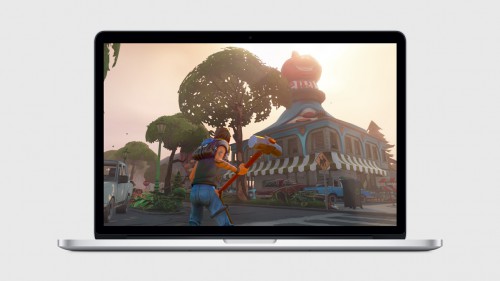
Secondly, the details of iOS 9 were demonstrated, which should be available to developers today. In addition to the new frameworks, which we have already written about a little earlier, there are three interesting announcements:
- Announcement of “deep links” at the API level (the search is also carried out by content inside applications that support such a function)
- Plans to completely shut down Apple ID from third-party companies (apparently, there is no desire to share information about their users with Google)
- The announcement of a full-fledged multitasking, which will only support iPad Air 2 for now (now, finally, everything is like the big boys – up to two applications on one screen)
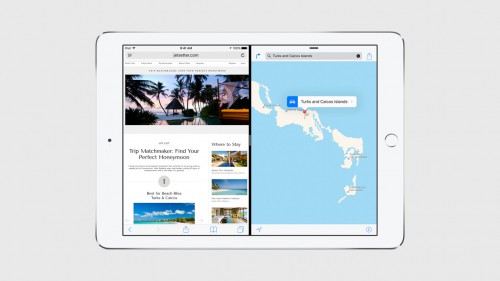
Another system presented was watchOS 2. The main announcement within its framework is the ability to send information from third-party applications to the main screen of the watch (not a reminder, but a full-fledged miniature block that shows, for example, the dynamics of stocks). Plus, developers in the second edition of the OS will have access to a microphone, accelerometer, joystick (crown) and so on. A new OS will be released in the fall, but developers will be able to touch it from today.
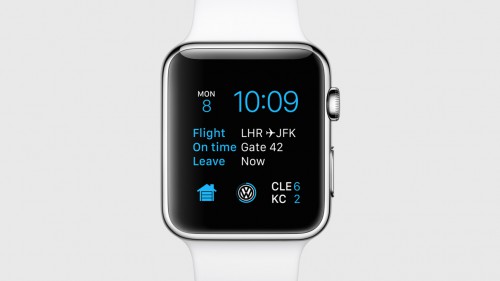
The main event of the presentation was the Apple Music application – a subscription music streaming service with extensive functionality (weekly collections of hits, pages of stars with their favorite tracks, full-fledged music programs, automatic creation of playlists depending on your preferences, radio broadcasting 24 hours a day 7 days a week, etc.). The service will cost you $9.99 per month and will be available on Windows and Android.
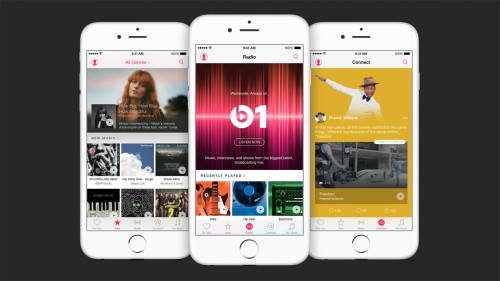
In general, a strange presentation. It seems to be an event, but, it seems, not so much anymore. But this is not the first time. Everyone is waiting for breakthroughs, revolutions, “as it was before”, and they show alternative solutions to existing products. Perhaps there is nothing wrong with this, but where is the fairy tale?
Source: Apple
